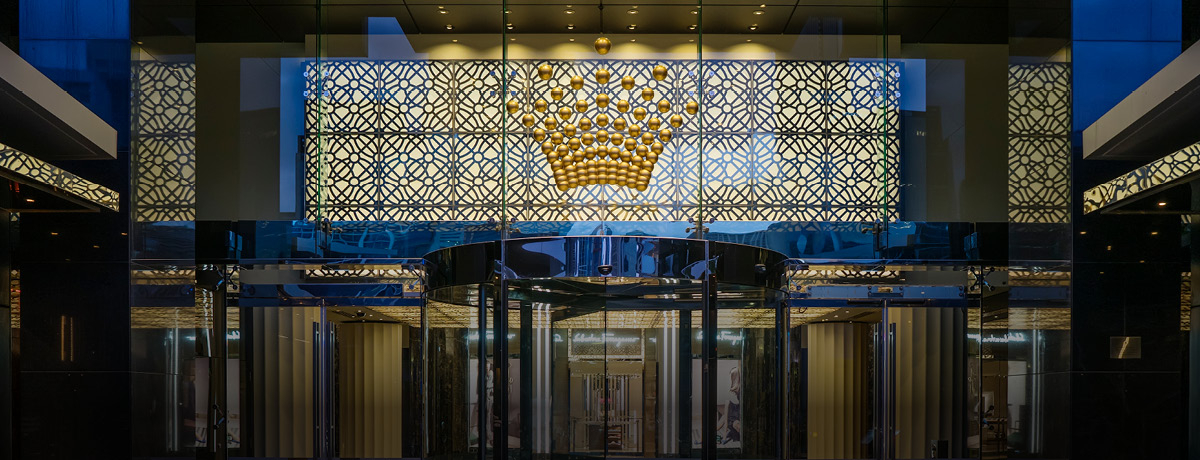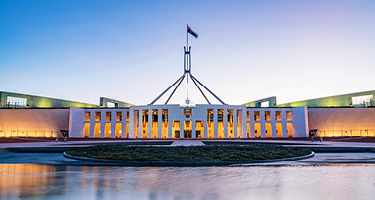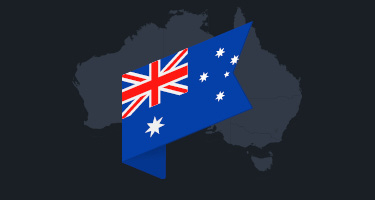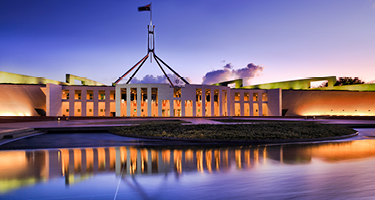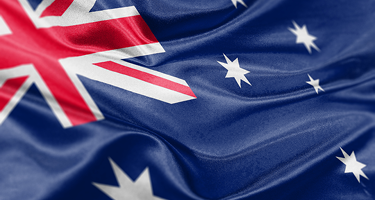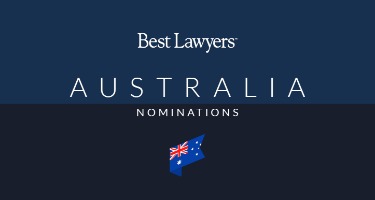Much has already been said about the impact of Covid-19 on the hospitality, gaming, and leisure industry. Alongside the difficulties brought on by the pandemic, though, risks of regulatory upheaval are looming. A casino-related inquiry in New South Wales has triggered royal commissions elsewhere that are likely to result in regulatory changes across Australia.
Inquiries Launched
New regulatory challenges have emerged of late from highly public inquiries into Crown Resorts Limited—examinations prompted by the attempted sale of shares by the James Packer–controlled CPH Crown Holdings, a major shareholder in the casino giant. The proposed buyer, Melco Resorts & Entertainment , triggered probity concerns for the NSW Independent Liquor and Gaming Authority (ILGA). Likely overwhelmed by its existing workload and the political, economic, and regulatory implications of any decision, the NSW regulator called for a public inquiry under Section 143 of the Casino Control Act of 1992, delegating it to a respected former judge, the Honourable Patricia Bergin SC.
Despite Melco’s efforts to limit the powers of that inquiry, including Supreme Court and High Court challenges in February 2020, it proceeded. COVID-19’s arrival in Australia, and the attendant shutdowns, delayed the inquiry; by May 2020, Melco had ceased to hold an interest in Crown, walking away presumably because of the hurdles erected by both the pandemic and the public probe of what would otherwise have been a standard purchase of shares in a publicly listed company.
The resumption of the inquiry and daily hearings in June attracted a great deal of media attention, particularly from Nine/Fairfax outlets, which had undertaken the initial investigative reporting on Crown’s alleged dicey practices—including junket operations in China that were said to have prompted ILGA’s intervention. The 751-page report later handed down by the Bergin Inquiry criticised a number of Crown’s practices; the most important finding was that Crown was not suitable to hold the licence for its NSW casino. As a result, Crown’s Barangaroo casino precinct in Sydney has opened only its non-gaming operations and is awaiting further word from ILGA in the meantime. The Bergin Inquiry immediately brought Crown’s other casino licences, in Melbourne and Perth, under scrutiny and effectively sparked the establishment of royal commissions in Victoria and Western Australia.
All three Crown inquiries have generated public concerns about the extent to which regulators have been monitoring casino activities. They’ve also prompted industry unease about potential consequences for all gaming operators, and not just Australia’s other casinos.
While the NSW inquiry was prompted in part by the impending sale to Melco (and Melco’s links to the late Hong Kong gaming tycoon Stanley Ho), it soon expanded into broader quest ions about Crown ’s suitability to hold a casino licence. This entailed questions about whether it would conduct operations responsibly, whether it was exposed to any links with organised crime, and what efforts it will make to prevent money laundering. These are all relevant concerns that every Australian gaming operator needs to consider to assure regulators it’s addressing with the utmost adherence to acts, regulations, and guidelines in their jurisdiction.
If the digital wallet proves workable, other regulators may follow suit, especially given cash’s diminishing role in the everyday economy and a digital wallet being a potential means for government to combat money laundering.”
Increased Compliance
The last 12 months have witnessed a surge in enforcement activity and compliance regarding NSW gaming regulation, as well as major substantive and procedural changes. For instance, previously routine applications to transfer gaming-machine entitlements—the licence to operate machines in a venue—have been subjected to new requirements to address the impact of late-night trading with express reference to gambling research recently made available to the ILGA that raises concerns about the relationship between such trading and problem gambling.
Another focus is the adequacy of anti–money laundering compliance throughout the industry. It has already led to heated debate in NSW following the announcement of a mandatory gambling card by the industry’s minister, Victor Dominello. (This was ameliorated by redirecting the proposal to a trial of a digital wallet instead.) Cash naturally plays a major role in the gaming industry, so there are ongoing concerns about the fiscal impact of any regulatory changes. If the digital wallet proves workable, other regulators may follow suit, especially given cash’s diminishing role in the everyday economy and a digital wallet being a potential means for government to combat money laundering.
The increasing spotlight on money laundering is also prompting coordinated efforts by financial institutions to play a larger role in minimising their exposure, especially after the findings of the banking and financial services royal commission. We’re seeing lenders attempting to take practical initiatives to work with gaming-industry operators to crack down on suspicious transact ions. Operators across Australia should seek legal advice about their existing preparedness and compliance measures.
Third-Party Exclusion
The NSW government has likewise been considering reforms to introduce a third-party exclusion scheme, long called for by both regulators and the industry itself. This would, in essence, require gaming-venue operators to remove those at risk of problem gambling when initiated by a third-party request. The proposal has yet to be finalised into a bill presented by the NSW Parliament. However, in the context of a national conversation about gaming triggered by the Crown inquiries, any introduction of a mandated third-party exclusion scheme in NSW may prompt legislative change around the country. Only the Australian Capital Territory, South Australia, and Tasmania, along with certain casinos, currently provide for some form of third-party exclusion.
If such a regimen is introduced, it would place significant obligations on venue operators, who might not always find it feasible to comply. The challenge of establishing such a program has always been venues trying to verify the relationship (and the nature thereof) between the gambler and the third party, avoiding unlawful or problematic disclosure of personal information, and trying to determine a clear threshold at which the venue is required to intervene. Following an initial consultation after circulating a draft bill, NSW lawmakers will likely be compelled to do further work to come up with a third-party exclusion proposal that tackles problem gambling more feasibly.
Conclusion
Although they’re all constituent parts of one industry, casinos, pubs, and clubs are quite different and run their operations accordingly. Yet the hospitality-and-gaming sector broadly, and gaming-machine operators more particularly, should expect a wave of increased enforcement and compliance activity from their state and territory regulators in the near future.
Arjunan is a Partner in Thomson Geer's Corporate group in Sydney, working predominantly in its Hospitality, Gaming & Leisure practice which provides broad legal services to this industry. He advises on a range of matters including M&A, corporate governance, gaming, liquor, clubs and casino regulation, commercial contracting and development projects. Arjunan has an in-depth understanding of the unique issues that face the industry, assisting the firm's extensive client portfolio of registered clubs, hospitality and hotel groups, and lifestyle operators with their legal needs.
